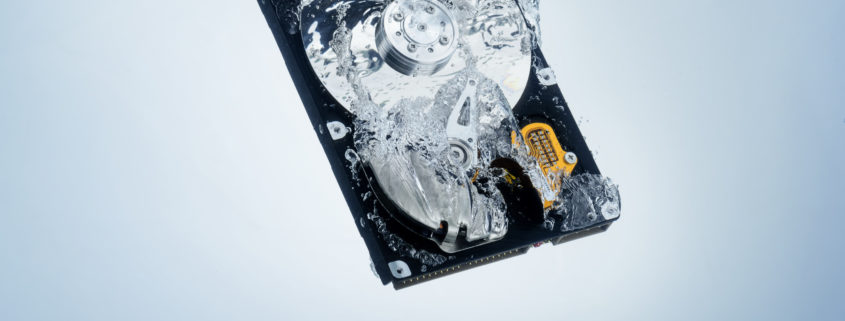
Has your hard drive ever plunged from your desk? Or have you ever accidentally thrown it down? Conditions like these could result in a hard drive to encounter physical media injury (PMD) and as an outcome, lose data.
But, believe it or not, your data may, however, be recoverable if your external hard drive is undergoing physical damage.
In this article, we’ll investigate some of the technical words used respecting physical damages in hard drives, as well as the various phases of data loss and whether the data is, however (hopefully) recoverable.
Ø What is Physical Media Damage?
Physical media harm happens when the magnetic covering on an external hard drive platter encounters a disturbance. It doesn’t just occur in external hard drives; it can certainly happen in any storage device that has computerized moving parts.
Ø What results in Physical Media Damage?
Physical media damage on a hard drive most generally happens when the read or write heads come in to reach with the spinning platters on an external hard drive. This could be an outcome of the hard drive being dropped while in the undertaking, or overheating and over-use.
Platters can also encounter destruction if the interior chamber comes to be degraded. Any material that enters the hard drive case can potentially result in a ‘crash’ if it sits between the heads and the platter.
Ø How to specify physical damage to a hard drive?
There are warning clues that can enable you to identify the physical injury. These may include:-
- The computer ceases to function at start-up or is not regulating correctly – sluggish when opening files; showing data access errors or confining the system with errors.
- The drive makes a clicking sound when you access it. A widespread pattern is click-pause-click-pause, pursued by the drive stopping and the noise of it whirling again.
- The drive stays mute (no spin-up noise, no movement/vibration felt) when powered up.
Ø What to do next?
If you doubt your media has undergone physical damage, turn it off shortly to resist additional destruction to the platters, which could result in irreversible data loss.
Do not try this at home!
In a lot of examples, several people open their external hard drive before they bring them to us. You should not unlock the drive yourself; even the smallest scratch or small mark on the platter can cause more difficulties. Unknowingly, people are demolishing their opportunities to recover their data.
Our advice is to never open the part (or indeed any media) before delivering it to a professional data recovering firm like PC Repair, the Singapore laptop repair. Unfortunately, with physical data casualties, there is no alternative to a DIY – a sterile environment and professional assistance are essential to attempt to get your data safely back to you.

